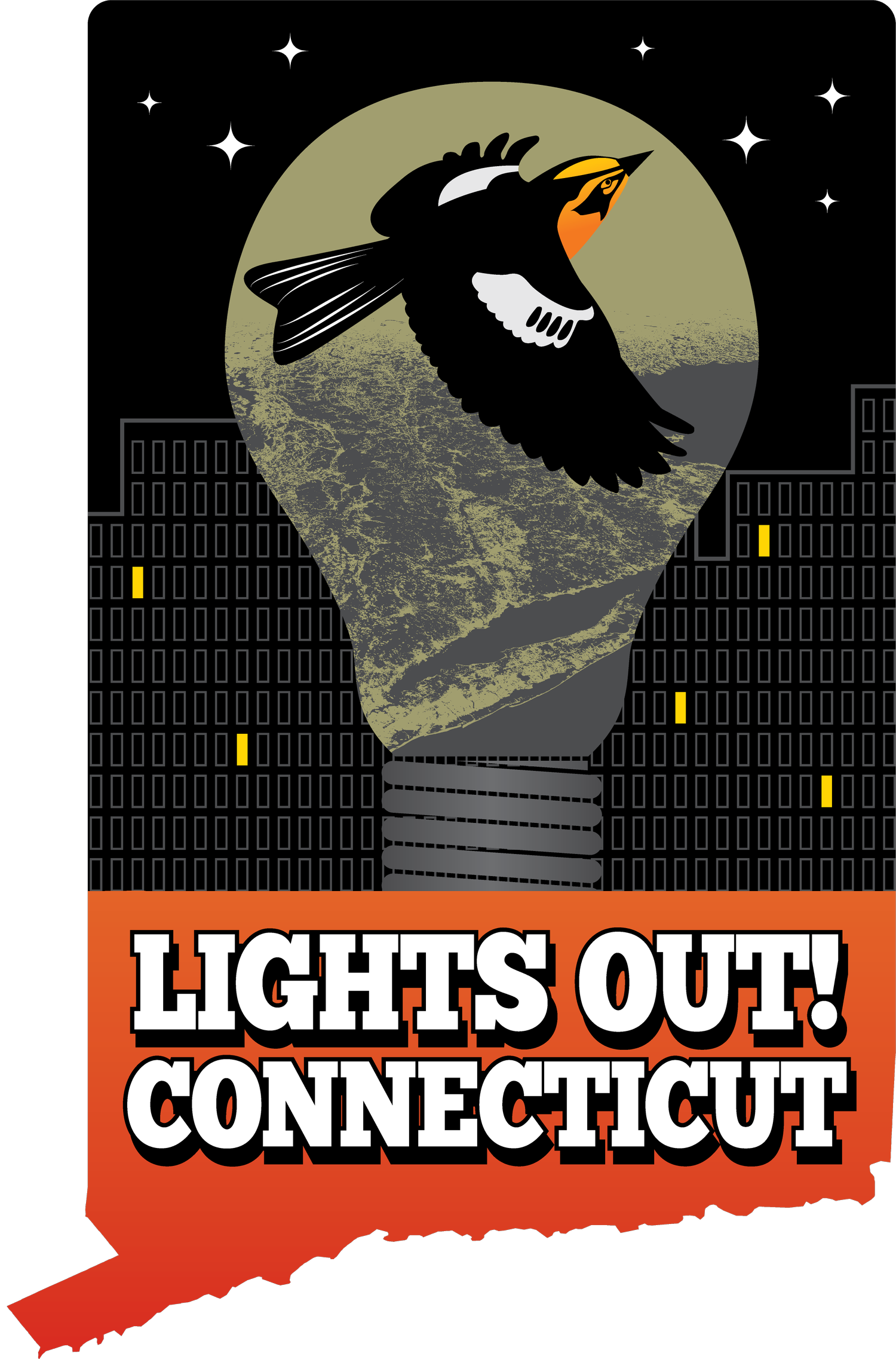Opinion: New climate bill needs more investment in energy efficiency, stop energy waste
A new draft climate bill being hotly debated in Hartford this week (H.B. 5004) could see Connecticut officially declare a “climate crisis” and direct state efforts to rapidly decrease greenhouse gas emissions in our states, including by phasing out natural gas use. This is a needed and important act, there is no question. But we believe that Connecticut can and should do more with this bill by clearly recognizing that energy efficiency and reducing energy waste are essential in the fight against climate change.
In this age of a warming climate, we believe that there is no long-term path to sustainability in Connecticut without robust energy-saving programs and energy-reduction plans alongside a transition to clean energy.
We know from our work at Lights Out Connecticut to combat light pollution across our state that there is a large amount of energy waste occurring in our state, particularly wasted energy for unnecessary lighting. Nighttime lighting practices that we have documented at public properties and private buildings in our state — and the reports that we hear from residents across our state about over-lit buildings, parks, and downtown centers — show that there is a lack of awareness about the connection between energy waste, greenhouse gas emissions, and climate change.
Dark Sky, the leading international organization addressing light pollution, estimates that 30 percent of all outdoor lighting in the United States is wasted as light pollution, resulting in the release of 21 million tons of carbon dioxide per year. That is equivalent to nearly 5 million gas-powered cars driven for one year, an incredible amount of pollution.
Think of the wasted light as the flame you see before you feel the heat. It lights up the sky and heats up our planet for not reason. But with commonsense investments and incentives, we can lower the heat in our state by reducing lighting energy waste and decrease light pollution in the process.
In our written testimony, we urged the CT Environment Committee and other elected representatives to strengthen the bill by adopting language and provisions that would significantly bolster efforts to increase energy efficiency in our state, alongside reducing decrease energy waste and overall energy use, to help Connecticut reach its 2040 net zero goal.
We believe that curtailing light pollution is one of the easiest steps that Connecticut can take to help tackle climate change. Connecticut can reduce energy waste at businesses, residences, and public spaces by promoting and facilitating investments in smart technologies, including lighting controls, such as timers and motion sensors, that automatically turn off when lights are not needed.
As of 2022, the CT State Building Code requires installation of indoor and outdoor lighting controls in all new commercial buildings, which is a great development. The challenge is that, even though these controls save money in the long run, the bulk of existing buildings do not yet have these controls, and there are not enough incentive programs or public investments to help cover the initial up-front costs and modernize our buildings.
Energy-efficient homes and buildings are also better equipped to switch to renewable energy once it is available, according to the U.S. Department of Energy.
Limiting energy waste by reducing nonessential lighting has benefits that go far beyond energy savings. Reducing light pollution helps to protect the environment against the worst effects of climate change and strengthen the resilience of local ecosystems, flora, and fauna. It also helps to prevent the damaging impacts of light pollution on human health, which can include insomnia, obesity, and cancer. These risks are layered onto communities as health burdens as we struggle to cope with the physical and mental toll of erratic weather in a climate-changed world.
This is why we called on the Environment Committee and the General Assembly to prioritize funding and attention for energy-efficient lighting controls and Dark Sky-certified lighting fixtures in H.B. 5004 at the same level as funding and attention for HVAC systems. We also urged the General Assembly to recognize “light pollution” as “the human-made alteration of outdoor ambient light levels from those occurring naturally, which adversely affects Connecticut's natural resources.
We believe that these important changes to HB5004 will help protect the well-being of Connecticut communities and the environment well into the future.
Meredith Barges and Craig Repasz are co-chairs of Lights Out Connecticut, a statewide nonprofit project of Menunkatuck Audubon Society, a chapter of Audubon Connecticut.

